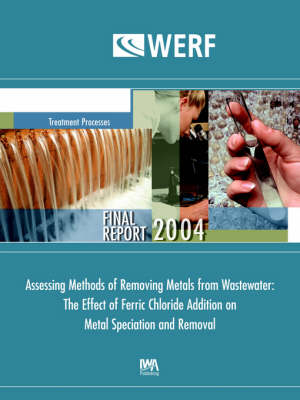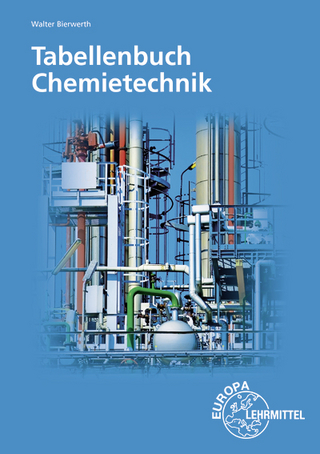
Assessing Methods of Removing Metals from Wastewater: The Effect of Ferric Chloride Addition
Seiten
2005
IWA Publishing (Verlag)
978-1-84339-694-9 (ISBN)
IWA Publishing (Verlag)
978-1-84339-694-9 (ISBN)
The presence of cationic pollutant metals in municipal wastewater effluent is a concern because stringent discharge requirements cannot always be met with conventional treatment methods. To identify practical approaches for improving metal removal, an analytical method for measuring metal-EDTA complexes was used.
The presence of cationic pollutant metals in municipal wastewater effluent is a concern because stringent discharge requirements cannot always be met with conventional treatment methods. Attempts to improve metal removal are often unsuccessful because a significant fraction of the cationic metals are complexed by the synthetic chelating agent ethylenediamine tetraacetic acid (EDTA). To identify practical approaches for improving metal removal, an analytical method for measuring metal-EDTA complexes was used to survey metal speciation at a series of wastewater treatment plants. Following these analyses, bench-scale experiments were conducted. The survey data indicated that pollutant metal-EDTA complexes account for a significant fraction of the dissolved metals in wastewater. The bench-scale studies indicated that ferric chloride addition improves the removal of copper and zinc by approximately 20%. To test the results of the bench-scale experiments, a full-scale experiment was conducted by interrupting chemical addition at a municipal wastewater treatment plant that normally adds ferric chloride during primary treatment. Results indicated that ferric chloride addition had a slight impact on metal speciation but no effect on metals removal. The lack of an effect was attributed to changes in metal speciation that occurred during primary treatment irrespective of ferric chloride addition.
The presence of cationic pollutant metals in municipal wastewater effluent is a concern because stringent discharge requirements cannot always be met with conventional treatment methods. Attempts to improve metal removal are often unsuccessful because a significant fraction of the cationic metals are complexed by the synthetic chelating agent ethylenediamine tetraacetic acid (EDTA). To identify practical approaches for improving metal removal, an analytical method for measuring metal-EDTA complexes was used to survey metal speciation at a series of wastewater treatment plants. Following these analyses, bench-scale experiments were conducted. The survey data indicated that pollutant metal-EDTA complexes account for a significant fraction of the dissolved metals in wastewater. The bench-scale studies indicated that ferric chloride addition improves the removal of copper and zinc by approximately 20%. To test the results of the bench-scale experiments, a full-scale experiment was conducted by interrupting chemical addition at a municipal wastewater treatment plant that normally adds ferric chloride during primary treatment. Results indicated that ferric chloride addition had a slight impact on metal speciation but no effect on metals removal. The lack of an effect was attributed to changes in metal speciation that occurred during primary treatment irrespective of ferric chloride addition.
| Erscheint lt. Verlag | 1.1.2005 |
|---|---|
| Reihe/Serie | WERF Research Report Series |
| Verlagsort | London |
| Sprache | englisch |
| Maße | 156 x 234 mm |
| Themenwelt | Naturwissenschaften ► Chemie ► Technische Chemie |
| Technik ► Umwelttechnik / Biotechnologie | |
| ISBN-10 | 1-84339-694-7 / 1843396947 |
| ISBN-13 | 978-1-84339-694-9 / 9781843396949 |
| Zustand | Neuware |
| Haben Sie eine Frage zum Produkt? |
Mehr entdecken
aus dem Bereich
aus dem Bereich
Grundlagen, technische Anwendungen, Rohstoffe, Analytik und …
Buch | Softcover (2023)
Springer Vieweg (Verlag)
CHF 55,95
erneuerbare Energien und Speichertechnologien für die Energiewende
Buch | Softcover (2023)
De Gruyter Oldenbourg (Verlag)
CHF 97,90
Daten, Formeln, Normen, vergleichende Betrachtungen
Buch | Softcover (2024)
Europa-Lehrmittel (Verlag)
CHF 54,45


